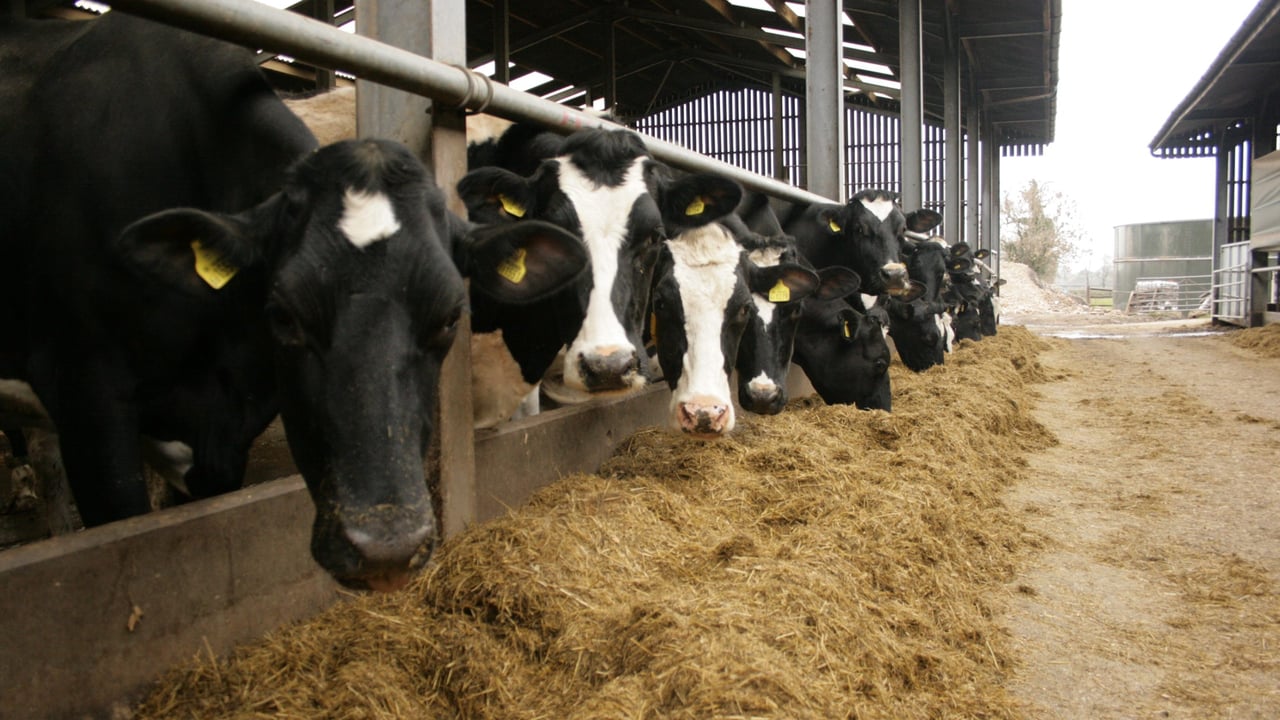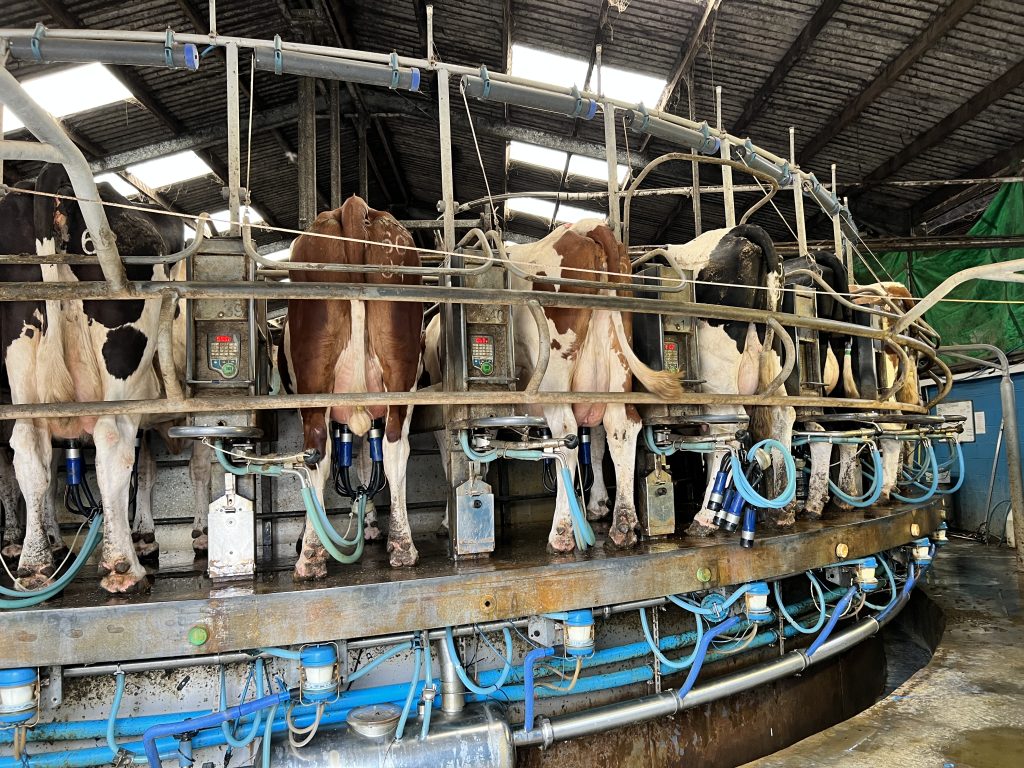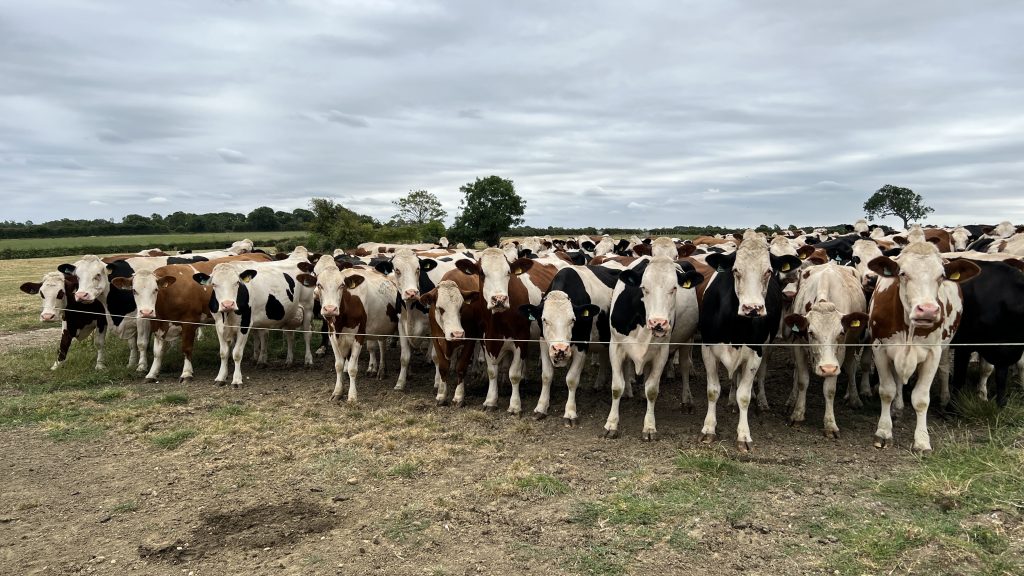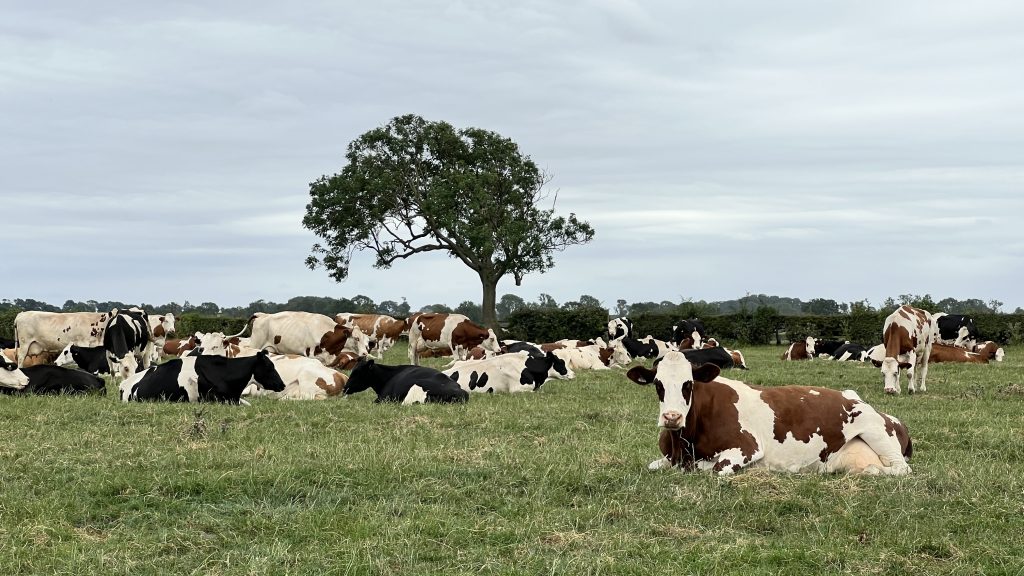Beat The Parasites


As the housing season approaches, many farmers are preparing for what’s been a standard winter job - a dose for worms.
But is that still the right call for every herd?
According to vet Ciaran Mellett, from Smith and Foley Vets, Co. Meath, our understanding of stomach worms in adult cattle has changed significantly in recent years.
“The story is getting more complicated, and the decisions are getting harder,” he said.
“What worked twenty years ago might not be right today.”
Changing routines
For decades, dosing adult dairy cows at housing was seen as good herd management - a way to ‘clean them out’ after grazing.
However, new research into Ostertagia ostertagi - the main stomach worm of cattle - shows that the situation is far less predictable.
The level of worm challenge varies hugely between farms, fields, and even from year to year.
“Sometimes there simply aren’t any worms there to treat,” Mellett explained.
“Adult cows have a degree of immunity, and unless worm burdens are unusually high, treatment may not be necessary at all.”
Treating unnecessarily wastes money, time, and effort, and it adds to the workload of handling cows at a busy time of year.
There is also an environmental impact - every unnecessary dose increases the risk of wormer resistance, and leaves chemical residues in dung, affecting dung beetles and pasture ecology.
“If there’s no indication for treatment, worming is unnecessary, wasteful, and potentially harmful,” Mellett noted.
Remove the guesswork
So how can farmers know whether their cows actually need treatment?
That’s where diagnostic testing comes in.
A bulk milk ELISA test provides an accurate, low-cost indication of whether worms such as Ostertagia are affecting the herd.
It detects antibodies in the milk that reflect exposure to stomach worms during the grazing season, giving you a low, medium or high test result.
“The test isn’t expensive, and it gives you a much clearer picture of what’s happening in your herd,” Mellett said.
He recommended monitoring herds monthly through the main grazing period, typically from May to September, rather than waiting until late in the season.
“You need to consider what testing frequency works for your herd, the grazing management practices on your farm, and which worms you expect to have present,” he advised.
Regular testing works
Many vet practices are beginning to offer structured testing programmes to make this easier.
At Smith and Foley Vets, for example, a regular testing service will be launched next season to help clients build a clearer understanding of parasite levels.
“Quarterly testing just doesn’t give enough granularity,” Mellett said.
“Monthly tests during the risk period are more effective. That way, if there’s a rise in worm activity, you catch it before it becomes a problem.”
In some herds, the results show that adult cows do not need treatment every year, though younger animals require more attention until they have built sufficient immunity.
Diagnostic tests allow farmers to target treatments only where there is a proven need, rather than relying on the calendar.
Sustainability: protecting the tools we have
Behind the push for better testing and reducing unnecessary treatments lies a growing concern about wormer resistance.
Overuse and misuse of anthelmintics has already led to serious resistance problems in sheep flocks across Ireland and the UK, and the cattle sector is beginning to see similar warning signs.
“Farmers 10 years from now won’t thank us if we lose our ability to control worms.
“We’ve no gutworm vaccines and a limited number of active ingredients. Once resistance takes hold, it’s permanent," Mellett said.
Resistance is best understood as both a sustainability and economic issue.
Treating only when necessary not only saves money, but helps ensure wormers remain effective for future generations.
“We need to protect the tools we have,” Mellett stressed.
“Eprinomectin is the only wormer with zero milk withdrawal, so we have to mind it. Sustainable use today keeps it working tomorrow.”
Sustainable parasite control means:
- Managing worms, not eradicating them;
- Maintaining refugia — populations of susceptible worms on pasture;
- Using diagnostics before treatment;
- Rotating or reviewing product types only when necessary.
Into practice
So, should you worm your cows ahead of housing this year? Mellett’s advice is to base the decision on evidence, not habit.
He said: “Ask yourself a few questions to help you decide whether treatment is really necessary.”
- Which animals might need treating?
- When do they need treating?
- Did you already treat this lactation?
- What do the bulk milk test results say from across the grazing season?
- What are the body condition scores like across different age groups or individuals?
“Targeted rather than blanket treatment with careful decision making is the way to go - good for your cows, your pocket and your long-term control,” Mellett added.
He stressed that diagnostics are a practical way to make sure dosing fits the farm’s real situation, not just the calendar date.
“Every farm is different. Some years the challenge will be high, others it won’t,” Mellet said.
“We just need to be a bit smarter in how we make those calls.”
- Don’t dose by date – treat only if there’s evidence of worms;
- Use bulk milk or faecal egg count tests to guide decisions;
- Adult cows rarely need treatment unless the burden is high;
- Work with your vet to build a farm-specific parasite control plan;
- Sustainable control today means effective wormers tomorrow.
“We’re not saying don’t worm, we’re saying only worm when it’s needed,” Mellett said.
“The science is evolving, and we have to evolve with it.
Farmers who make informed, diagnostic-based decisions will keep their herds healthy and productive for the long-term.”



